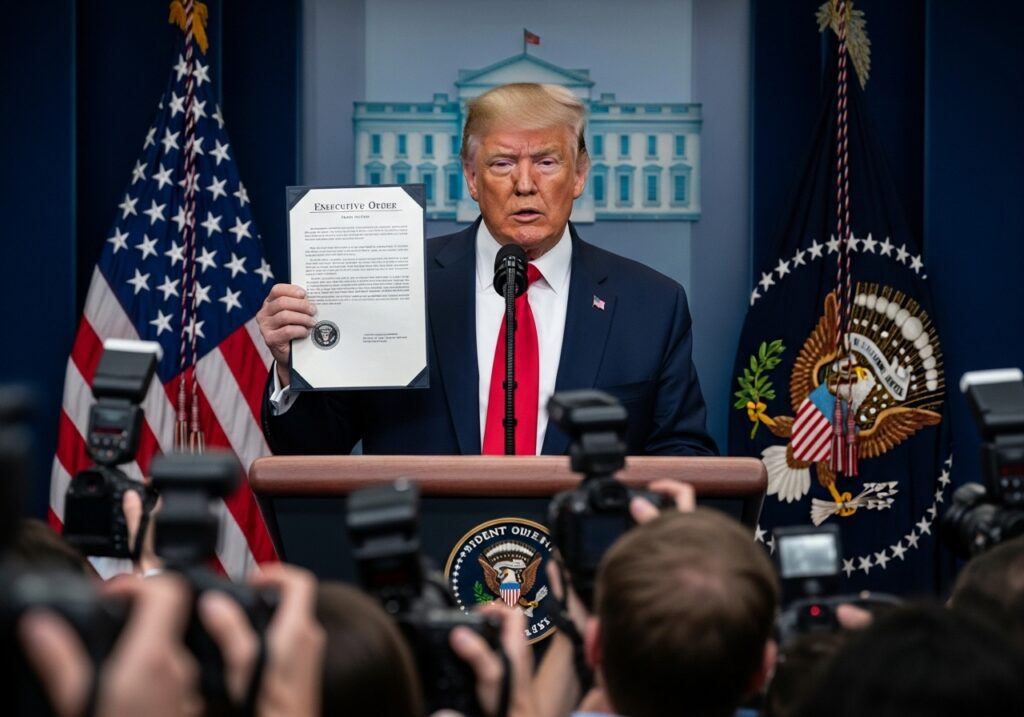President Donald Trump has announced a bold new step in the ongoing economic standoff between the United States and China. Starting November 1, his administration will impose a 100 percent tariff on all Chinese goods, on top of any current tariffs already in place. This move, along with new export controls on American-made critical software, comes in direct response to China’s latest restrictions on rare earth exports—materials essential for military equipment, advanced electronics, and energy technologies.
The Chinese Communist Party (CCP) recently expanded its export controls on rare earth elements, blocking access to key materials used in everything from fighter jets to electric vehicles. These metals are not just important—they are vital. The International Energy Agency reports that China controls 61 percent of rare earth mining and an overwhelming 92 percent of the global refining capacity. In short, Beijing has built a chokehold on the supply chain for some of the world’s most important technologies.
President Trump’s response is not just about trade. It’s about national security and economic independence. For too long, the U.S. and its allies have allowed China to dominate the rare earth market, relying on a regime that has shown time and again it is willing to use economic power as a weapon. This recent move by Beijing—sending letters to foreign governments to warn of tightened rare earth exports—is a clear sign that the CCP is prepared to use its monopoly to pressure and punish the rest of the world.
Trump called China’s actions “sinister and hostile.” He’s right. Beijing’s decision to restrict access to critical materials isn’t just about profit—it’s about control. By limiting rare earth exports, China is putting pressure on U.S. defense contractors, high-tech companies, and allies overseas. This is economic warfare, plain and simple.
These new tariffs and export controls are designed to hit back. By applying a 100 percent tariff on all Chinese goods, the U.S. is signaling that it won’t tolerate economic blackmail. The new export controls on critical software send an equally strong message: American innovation won’t be handed over to a regime that undermines freedom and security.
Critics may say such tariffs will raise prices at home. That is true—there may be short-term pain. But the cost of inaction is far greater. If the U.S. doesn’t act now, it risks becoming dependent on a hostile power for the very materials needed to defend itself. Warplanes, missiles, satellites—these all rely on rare earth elements. If China decides to cut us off entirely, the consequences would be devastating.
This move also sends a signal to America’s allies. For years, countries across Europe and Asia have tiptoed around Beijing, afraid to challenge its growing influence. Now, with the U.S. taking a hard line, others may be encouraged to do the same. Several nations have already expressed outrage at China’s new export restrictions. With American leadership, a broader coalition could form to reduce global dependence on Chinese supply chains.
Trump has also hinted that the U.S. may expand its export controls even further, possibly limiting the sale of airplane parts and other key technologies. China, he noted, still operates many U.S.-built Boeing aircraft and depends on American parts to keep them flying. If necessary, the administration is prepared to use that leverage.
This is not just about economics. It’s about standing up to a regime that has time and again shown disregard for fair trade, human rights, and international norms. The CCP has used its power to bully smaller nations, steal intellectual property, and manipulate global markets. Trump’s message is clear: those days are over.
The global balance of power is shifting. The United States must act decisively to protect its economy, its military readiness, and its future. These new tariffs and export controls are a step in the right direction. They send a powerful message—not just to Beijing, but to every American—that we will no longer play by China’s rules. America will lead, and America will defend its interests.

